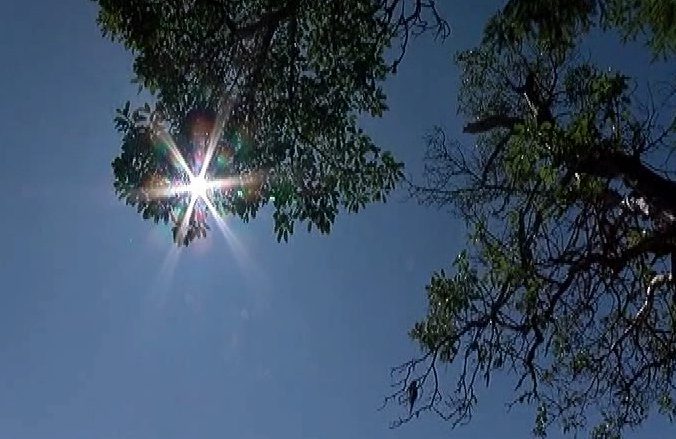
WATCH: A dire warning that climate change could mean much hotter temperatures than ever before. A new study says record-breaking summers could become the norm within many of our lifetimes and scientists say humans are likely the cause. Calvin To has more.
The president of the Pacific Climate Impacts Consortium at the University of Victoria says to expect hot summers for years to come.
Climatologist Francis Zwiers says the world’s hottest summers on record will be the new normal within 20 years due to human-influenced climate change.
Zwiers co-authored a study examining wet bulb globe temperature, a standard measure of heat and is often used to manage heat exposure for people working outdoors in direct sunlight.
The study confirmed sweltering summers have become at least 70-times more likely over the past four decades and by 2050, virtually every summer will be hotter than any experienced to date.
?We?re more than 95 per cent certain that human emissions of carbon dioxide and other greenhouse gases are the primary cause,” Zwiers said.
“The evidence is extremely strong.”
The study found the hottest summers since 1973 will be considered typical summers within two decades.
Hotter summers caused by human-influenced climate change were evident in all 10 regions that Zwiers and his colleagues studied, with the Mediterranean region and Asia feeling the heat the most.
The record hot summer of 2010 in East Asia has gone from being considered a rare event in 1975, happening once in a thousand years, to now being expected once in every four years event.
The report said cities will require aggressive cooling strategies to manage more frequent extreme heat in summer.
Scientists say climate change could also affect aquatic ecosystems as well.
Ian Perry from Oceans and Fisheries Canada says tuna and squid populations could increase off the coast of Vancouver Island, while salmon and herring numbers could go down.
Plus, water levels could rise, threatening low-lying areas with flooding.
“If we’re going to start to get some of that marine water… flooding out on to the farmlands, then we’re going to have real problems because those environments are not salt tolerant,” Perry said.


Pacific Climate Impacts Consortium President says hot summers are the new norm. File Photo.




